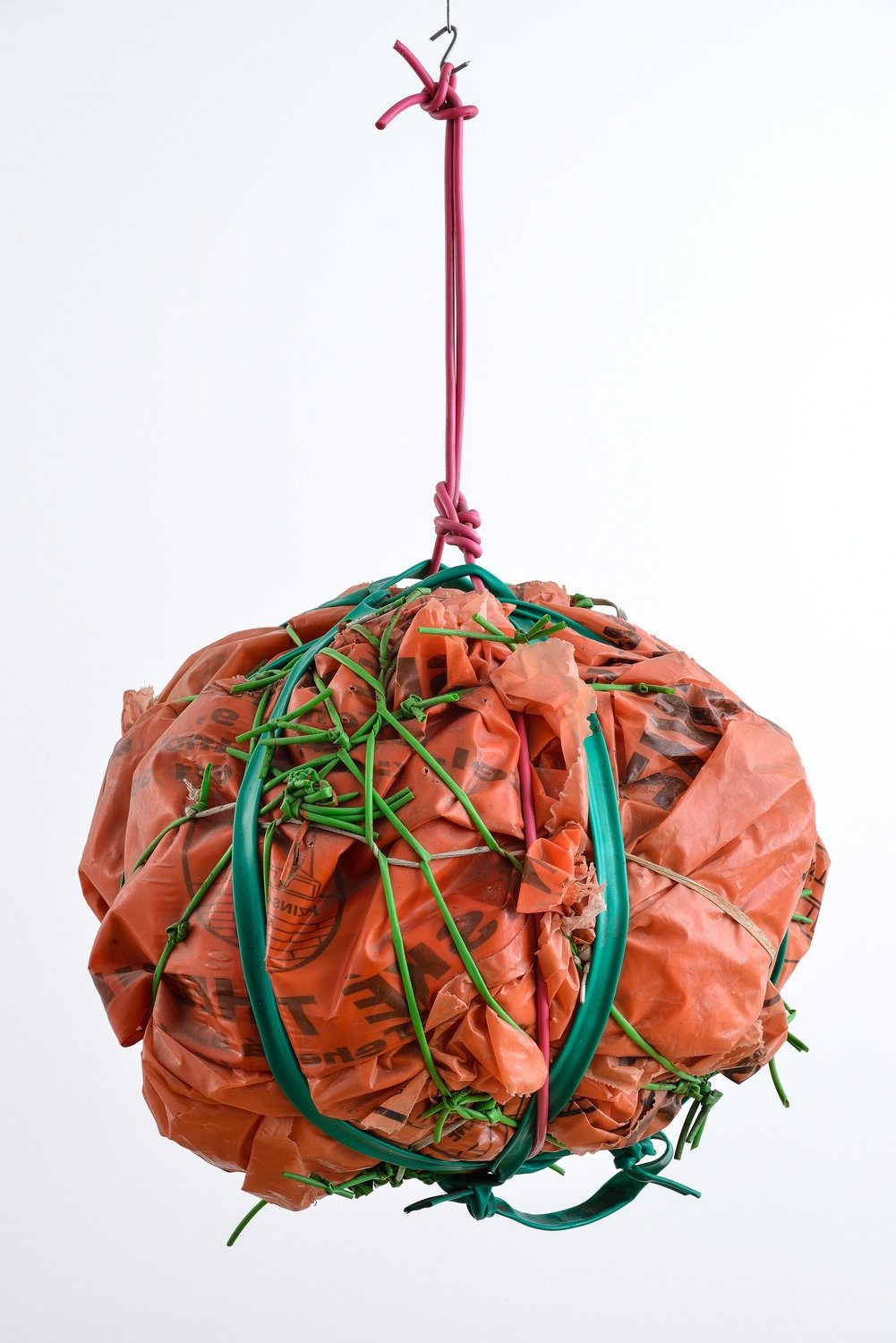Stano Filko - Oꓘ⅃If Onatꓢ
21 Sep - 09 Nov 2019
STANO FILKO
Oꓘ⅃If Onatꓢ
21 September – 9 November 2019
Curated by Pia Remmers
Stano Filko was born in 1937 and died in 2015. During his 78 years on earth, he supposedly experienced two clinical deaths. Filko’s intention was to reach 100 and live until 2037, 22 more years. But death was never absolute to him. He expected to move on to the next transcendent dimension of an eternal, infinite reality.
Still, Filko was clearly caught up in the external realities of his time, living through three starkly different political systems. He remained antipodal to each of them and created his very own system in his art: complex and paradoxical, it was based neither on politics nor morals, permanently surpassing itself, an infinite stream of consciousness.
Mirrors have been an essential element of Filko’s exhibitions and environments since his early days, both to transform the visitors into living sculptures and to create a physical surface for the projection of respective contemporary conditions. They also call to mind the mirror writing by Leonardo Da Vinci, or a visualization of a reversed reality.
A robot in the pose of le penseur, blurring the sense of time (and culture and marketing); a written self-portrait proclaiming intimacy; an empty concept proposal; a transcendent feminine breast; the artist’s brain, like a relic of his earthly remains. Is it still operating?
Oꓘ⅃If Onatꓢ
21 September – 9 November 2019
Curated by Pia Remmers
Stano Filko was born in 1937 and died in 2015. During his 78 years on earth, he supposedly experienced two clinical deaths. Filko’s intention was to reach 100 and live until 2037, 22 more years. But death was never absolute to him. He expected to move on to the next transcendent dimension of an eternal, infinite reality.
Still, Filko was clearly caught up in the external realities of his time, living through three starkly different political systems. He remained antipodal to each of them and created his very own system in his art: complex and paradoxical, it was based neither on politics nor morals, permanently surpassing itself, an infinite stream of consciousness.
Mirrors have been an essential element of Filko’s exhibitions and environments since his early days, both to transform the visitors into living sculptures and to create a physical surface for the projection of respective contemporary conditions. They also call to mind the mirror writing by Leonardo Da Vinci, or a visualization of a reversed reality.
A robot in the pose of le penseur, blurring the sense of time (and culture and marketing); a written self-portrait proclaiming intimacy; an empty concept proposal; a transcendent feminine breast; the artist’s brain, like a relic of his earthly remains. Is it still operating?

